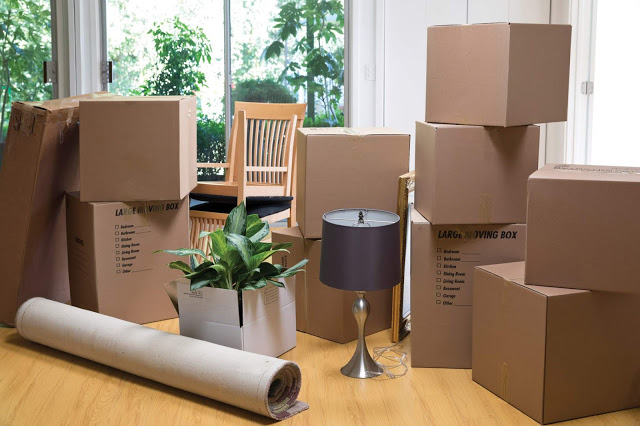As the cliche goes, “less is more”, but does that really hold up in terms of finance? The short answer is yes.
If you find it hard to make ends meet, you’ll be surprised how easy you could increase your cash flow and close those credit accounts with heavy balances. You just have to simplify your life. And simplifying your life doesn’t mean living in a wooden cabin in the woods or in a tent on the beach (although you could certainly do so if you wanted to!).
All it means is getting rid of excess – items, activities or habits that serve no purpose or add no value to your life.
What Downsizing Really Means
Again, downsizing doesn’t mean that you have to live like a monk or nomad. It means taking on the task of getting rid of the things in your life that you don’t need or want anymore. But it’s not an easy task.
You really have to challenge your psyche, being truthful and even brutally honest with yourself about your possessions, pursuits and passions as to whether they belong in your life. And of course, if they don’t belong, you axe them. Challenging your assumptions of what you think is important often starts with questions such as:
- When was the last time I used this item, or when was the last time I did this activity?
- Do I really like to buy or do something, or is it to please someone else?
- Am doing things or buying things just to keep up with my neighbours?
- Am I doing things or buying things due to the fear of missing out (FOMO)?
- When I buy or do something, do I feel satisfied or do I still want more?
Even if people may not ask these questions exactly, downsizing often starts with questions of a similar nature.
This isn’t easy to do, but downsizing can lead to significant financial gains and a sense of freedom. And that leads to our next point.
Examples of How Downsizing Your Life Can Bring Financial Gains
Now the question remains – how can you actually downsize? It can happen in many ways, but we’ll group them into two main categories: 1) Lifestyle choices and, 2) Spending habits.
Downsizing Your Lifestyle Choices
To have a four-bedroom house with stylish pillars, two high-end sedans and a pool in the backyard would seem like living the high life. But if the mortgage, car payments and maintenance costs had you swimming in debt up to your neck, the best lifeline would be to scale back.
It’s a simple fact that living beyond your means is a very fast and effective way to find yourself in the red. Whether it’s a fear of missing out or Keeping Up With the Joneses Syndrome, there’s no benefit in trying to live a lifestyle your budget simply can’t support. And it’s not uncommon to see families cut their living expenses in the double digits by living with less.
How To Downsize Your Lifestyle Choices
- Consider moving into a smaller home with fewer amenities
- Sell the extra car you’re not driving
- Find alternatives for expensive vacations (ie. road trips, discount flights)
- Try some DIY home improvement projects (that are safe)
- Avoid comparing yourself to friends, family members or neighbours
Downsize Your Spending Habits
Most of us are guilty for overspending on things from time to time. But for a lot of people, overspending on things, even necessities, is the norm. Another common problem is that people will spend recklessly, perhaps, splurging on fancy dinners and nights out without checking their bank accounts.
These habits are problematic because they eat through your budget. When you realize that you’re strapped for cash, you then start relying on your savings and credit accounts to bail you out. It’s situations like these that can worsen your debt and leave you penniless for more important things like investments and emergency funds.
How To Downsize Your Spending Habits
- Stop paying for services, items and activities you no longer use (ie. cable)
- Find free or low-cost hobbies and recreation
- Rent, borrow and trade items instead of buying them all the time
- Make meals in bulk and grocery shop during sales
- Buy clothing, shoes and apparel during sales
There’s More Freedom In Shedding Than Collecting
It’s very easy to get carried away with the lives we want to live and the places we want to go. Unfortunately, the cost of this is often our financial freedom. It’s easy to assume that we need more money to feel financially free, but sometimes, the real solution is to spend and commit to less.
If you take steps to simplify your life by means of downsizing your lifestyle choices and spending habits, you can start to free up more cash flow. This, in turn, will give you more opportunities to save money, invest for your retirement and build an emergency fund. And if you persist, you might soon find yourself with enough funds to pursue the things in life that that truly matter to you.

